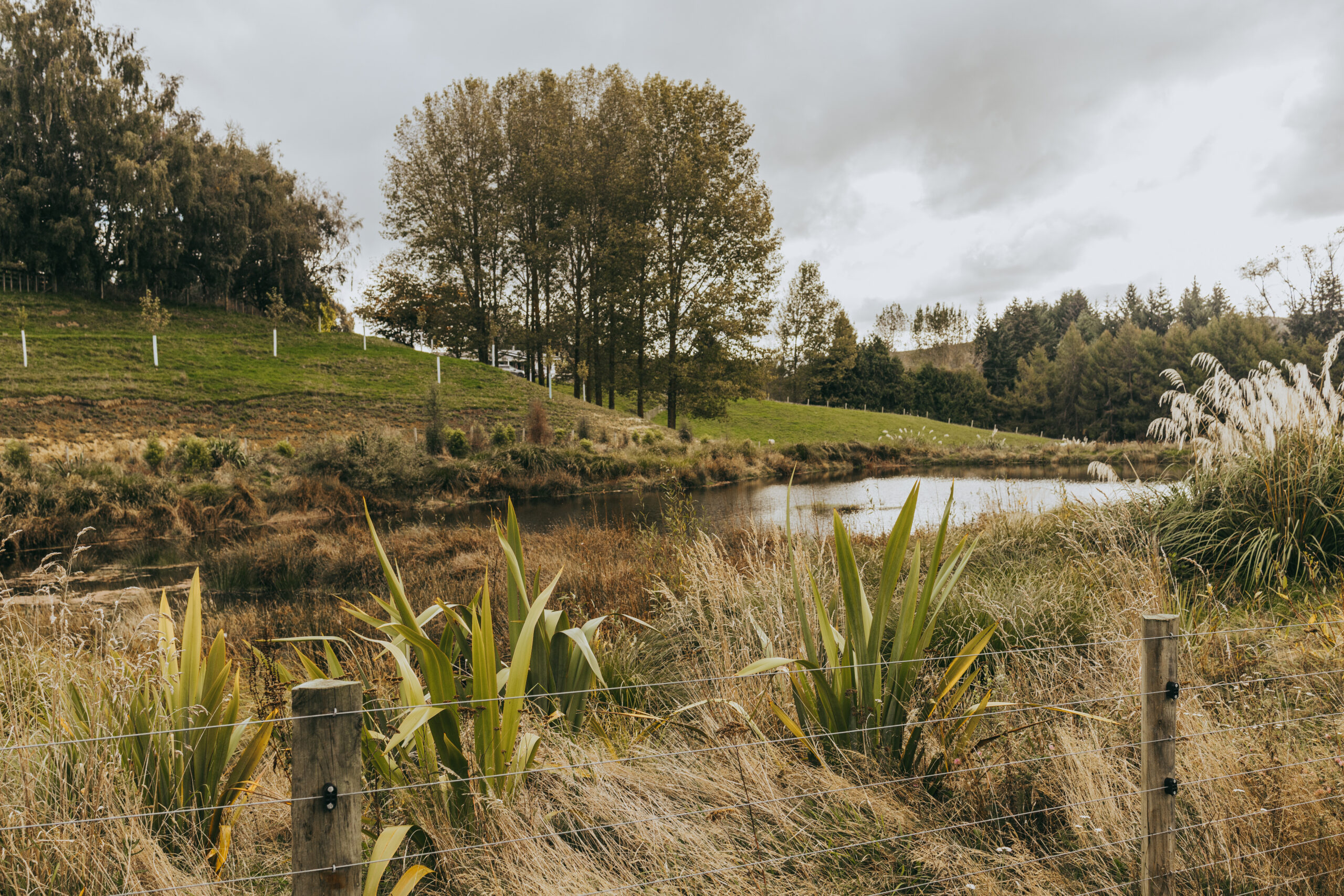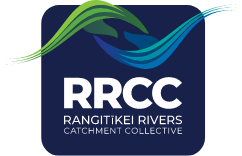Project Highlights

Our work covers many different areas and our members enjoy a range of workshops and expert advice designed to support the uptake of good environmental farm management practices. See a summary of recent projects and upcoming areas of focus below:
Environmental Restoration Project
Over the past two and a half years, rural residents and farm owners have removed 1,400 hectares of Old Man’s Beard and planted 25,000 native trees and poplars in the Rangitīkei region as part of our Environmental Restoration Project supported by the Ministry of Primary Industries (MPI) via the Sustainable Land Use / Jobs for Nature fund.
Help from Rangitīkei Environment Group (REG), Rangitīkei helicopters, AgDrone, and Dronezup has really made a difference in removing this weed and supporting landowners who are fighting to keep it from spreading.
We’re grateful to Horizons Regional Council who have pledged $15,000 to RRCC to extend its Environmental Restoration Project to June 2024 to help control the bearded weed in private indigenous/native bush.
Read more about this project here.
KS-Agri Overseer
To help farm members better understand their environmental footprint and get them started on their freshwater farm planning journey, RRCC engaged KS Agri to run a number of member’s farm through the Overseer Model.
The team at KS Agri have completed over 127 nutrient budgets encompassing more than 89,000 ha within the RRCC catchment. They also completed Farm Footprint Workshops with over 120 farmers to review where they are at in terms of Nitrogen, Phosphorus and GHG losses from their farm businesses.
Overseer has traditionally been used by dairy farmers to model the whole farm system including stock numbers, nutrient management, and all the good work farmers are doing to address freshwater risks and greenhouse gas emissions.
Farmers left knowing their N and P loss along with their GHG number and the ability to run some scenarios within their farming business. This has been a major success with farmers having really valued this time and precious sessions with a consultant.
The farmers who participated in the project were able to analyse their farm system and run different scenarios with stock numbers, which most found extremely useful. KS Agri was able to help lift farmers’ knowledge surrounding freshwater compliance and what is coming towards them from a regulatory perspective.
With the modeling of these farms, we found the following statistics for the RRCC:
- 3.2% of the landscape is cropped, a total of 2883 ha
- A soil test is taken for every 235 ha, 382 soil tests were entered into OverseerFM
- The average stocking rate of farms included in this project was 8.8 SU/ha. 217,062 beef stock units, 563,995 sheep stock units and 7,983 deer stock units were entered into OverseerFM
- Over 1000 ha of fenced waterways was included in the modelling.
- 7551 ha of native and production forests were entered into OverseerFM
The specialist team at KS Agri offer farmers advice and planning for nutrient management, freshwater farm plans, consent applications, auditing and facilitation. They offer a farmer-friendly way to make compliance easy.
Learn more at ksagri.co.nz

Integrated Farm Planning
We have been awarded Integrated Farm Planning Accelerator Funding from the Ministry for Primary Industries to help farmers produce an integrated Farm Plan that meets both freshwater compliance requirements and market access quality assurance standards at the same time.
Whilst freshwater farm plans are compulsory under Resource Management Act regulations to be completed by 2025, the industry quality assurance standards are voluntary but increasingly necessary for maintaining market access overseas. The idea behind integrating industry quality assurance programme standards and the freshwater farm plan into one integrated farm plan is to reduce the duplication of effort and information required of farmers to achieve both requirements.
RRCC’s mission is to help farmers get ahead of society’s expectations regarding land use, animal management and people management. An integrated farm plan will help farmers to achieve this goal.
RRCC will be taking a phased approach to guiding farmers on their integrated farm plan journey with priority being completing the freshwater compliance requirements.
We will be running a series of workshops, starting in 2024 to support farmers to develop an Integrated Freshwater Farm Plan for their farming situation. The workshops will cover landowner freshwater responsibilities, creating a farm map, on-farm risks to freshwater and soil health, and how to write a plan to avoid or mitigate on-farm risks.
This isn’t just about meeting current compliance, it’s about planning how to look after our land and waterways for our children, and future generations. This includes encouraging and facilitating local farmers to work collectively within their community catchment groups for more positive environmental outcomes.
We’ll be sharing more across 2024. Be sure to follow us across our social media channels for more regular updates.
If you’d like to become a member, please send us an email at admin@rrcc.co.nz for more information.
